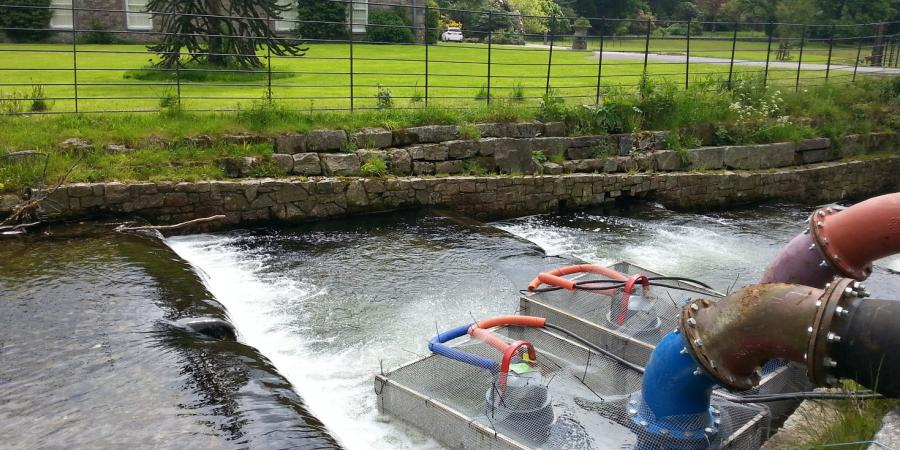
New Environment Agency guidelines have major implications for contractors who discharge water from construction sites into the surrounding area.
The Agency’s new Regulatory Policy Statement (RPS), “Temporary Dewatering of Excavations to Surface Water”, contains strict guidelines setting out the circumstances under which water can be discharged off site without a permit.
The RPS states that contractors need a bespoke permit if they want to discharge anything other than clean water off site into the surrounding environment – be that surface water, groundwater, or coastal estuaries or waters.
Companies can only proceed without a Bespoke Discharge Permit, issued from the Environment Agency, if the discharge is clean water, containing no suspended solids (silt), and the discharge activity does not last for more than three consecutive months in total. The discharge must be made to surface water, such as a river, stream or the sea, and the company must have a method statement to minimise the risk of pollution.
In all other circumstances, a permit is now required.
Dr Richard Coulton, CEO of Selwood’s sister company, Siltbuster, says construction companies will now need to be far more vigilant and proactive when it comes to minimising contamination.
He said: “The implications for the UK construction industry are significant. Firstly, the management of excess waters on site can no longer be managed on a reactive basis – construction companies must always now be proactive. They must plan how to minimise the level of contaminants (especially silt) from entering excavations and plan how to dispose of any waters entering excavations. They must also plan their activity so that machinery and operatives are not working in areas where pumping operations are being carried out and they must plan the management of surface water runoff across the site.
“Soils on most UK construction sites are not fines free (they contain silts and clays) and therefore, following the new guidance, water cannot simply be discharged off site. Most construction sites are now faced with the challenge of either applying for a Bespoke Permit, with treatment on site, or finding alternative (and potentially more expensive) disposal route, for example, either by tankering off site or discharge to sewer - which requires the prior approval of the local utility company.”
Selwood and Siltbuster are now sister companies following the recent acquisition of Siltbuster by Workdry International Ltd, the ultimate holding company of Selwood Ltd.
When combined, Siltbuster and Siltbuster Process Solutions are the UK’s number one solutions provider for on-site water treatment, wet waste processing and the prevention of waterborne pollution. Together they deliver an unrivalled range of rapidly deployable solutions for silt management and prevention, control and treatment of water contamination.
Siltbuster has been actively preparing the industry for these new guidelines over the past few years through in-house training courses which have so far been attended by over 5,000 delegates. Siltbuster has also given technical support to those involved in major infrastructure projects by providing specialist consultancy services needed to prepare site water management plans.
To ensure your projects don’t fall foul of the Environment Agency’s new policy statement, book a place on Siltbuster’s CPD accredited course “Prevention of Pollution on Construction Sites” or arrange a bespoke technical training day tailored for site-specific activities by calling 01600 772256 or emailing enquiries@siltbuster.com
